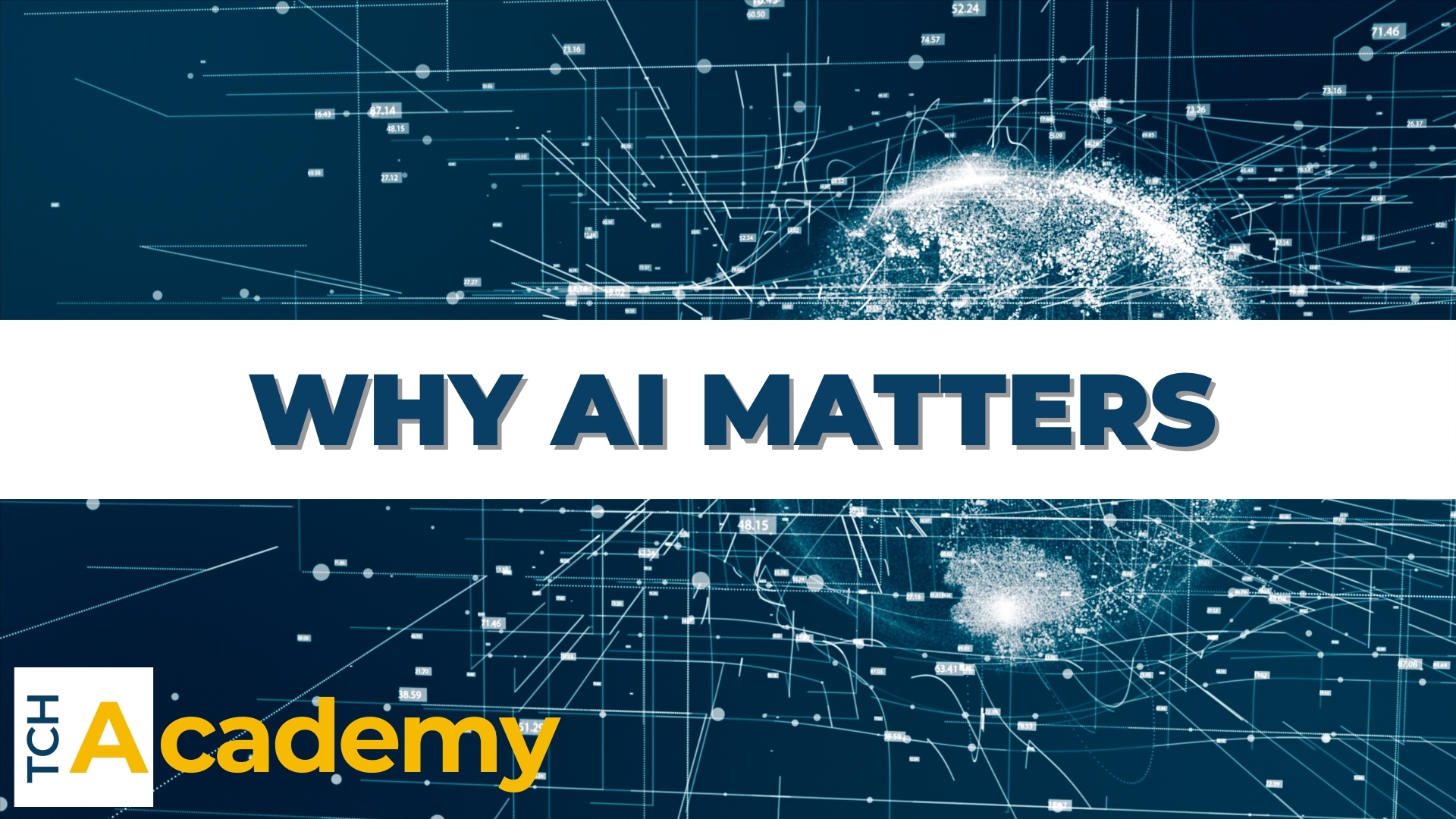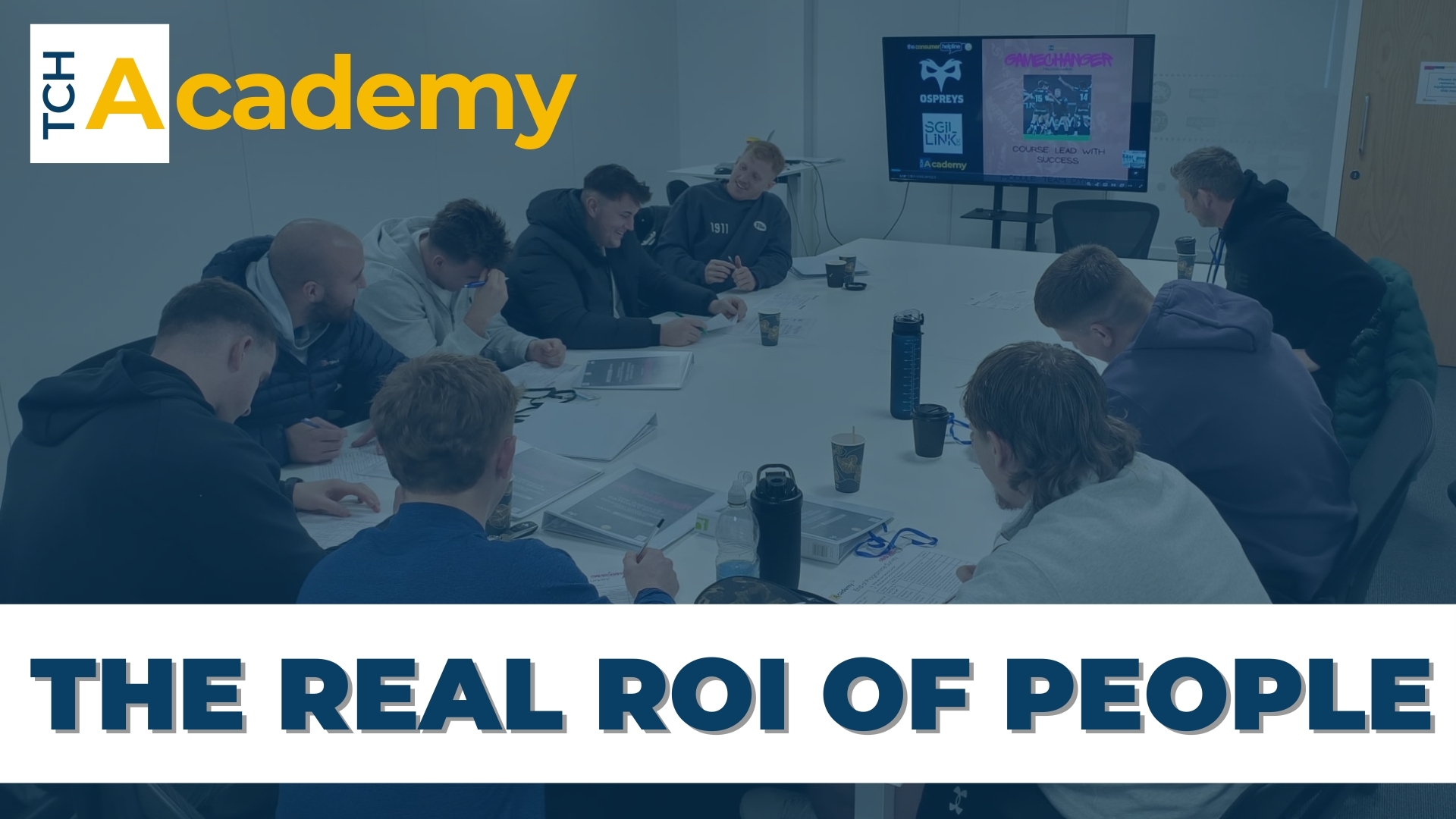The Real ROI of People
If you're looking for a return on investment that touches every corner of your organisation — performance, productivity, retention, culture, and even...

You probably hear “AI” all the time, but what does it really mean? Basically, AI is when computers or machines do things that usually need human smarts. Like understanding speech, spotting patterns, making predictions, or even helping answer your questions. We use AI a lot more than you might think. Voice assistants like Siri or Alexa are a kind of AI. So are the tools that suggest what movie you might like or help your email finish your sentences. It’s not one single thing—there are different types. Most of what we use now is called Narrow AI, which means it’s built for specific jobs. Someday, people hope to build General AI, which could do pretty much anything a person can. And then there’s Superintelligence, which is still just an idea, but could be way smarter than humans.
Where We’re Already Seeing It (Spoiler: Everywhere)
The influence of AI is way more widespread than most people realise. In transport, it helps plan better routes and keeps traffic moving. In shops, it suggests things you might want to buy or spots fake transactions. In hospitals, it’s helping doctors catch diseases earlier and even perform surgeries with robots. In schools, AI helps personalise learning and flags students who might need extra support. In banks, it keeps an eye out for fraud and makes lending decisions fairer. It’s not about replacing people. It’s more about giving us a hand so things run smoother.
How We Got Here: A Quick History
AI isn’t new. The name was first used in 1956 at the Dartmouth Conference. After that, scientists built early chatbots like ELIZA in the 1960s, which was basically a simple computer therapist. Then there were those big “milestone” moments: IBM’s Deep Blue beating chess legend Garry Kasparov in 1997. AlphaGo taking down a Go champion in 2016 (a way more complex game). And now, large language models like ChatGPT, which can write essays, generate ideas, or explain code depending on what you need. The pace has seriously ramped up in just the last few years. AI now adapts to your behaviour, learns from feedback, and even works across different devices in real time.
The Big Opportunities—And The Big Questions
AI can make our lives easier. It helps us work faster, get smarter advice, and even tackle big problems like climate change. But there are some things to watch out for: Job displacement, especially in repetitive or manual roles. Bias baked into algorithms if the training data isn't diverse or fair. Data privacy, especially with how much personal info AI tools collect. Access, because not everyone gets to benefit from AI equally. Regulation, which hasn’t quite caught up with how fast the tech is moving. It’s not a reason to be scared, just a reminder to use AI wisely.
So, What’s Next?
We’re heading into a world where AI becomes more emotionally intelligent—able to recognise how people feel and respond in more human-like ways. We’ll see more human-machine collaboration, where AI doesn’t replace us, but works alongside us. Think of it more like a smart assistant than a takeover. Tech like edge computing will make AI faster by processing data closer to where it’s needed. We’ll also see more focus on making AI fair and trustworthy. AI is going to keep popping up in new places, from the classroom to the factory floor. How we choose to use it now will shape the future.
Final Thoughts
If there’s one takeaway, it’s that AI isn’t just for tech experts. It’s something we all use, often without realising. The more we understand it, the better we can make it work for everyone. How we interact with AI today will shape the world we live in tomorrow.
How do you feel about AI? Excited, curious, or a bit cautious? I’d love to hear your thoughts!

If you're looking for a return on investment that touches every corner of your organisation — performance, productivity, retention, culture, and even...

In an age dominated by digital ads, emails, and social media campaigns, sometimes the most effective approach is simply going back to basics by...